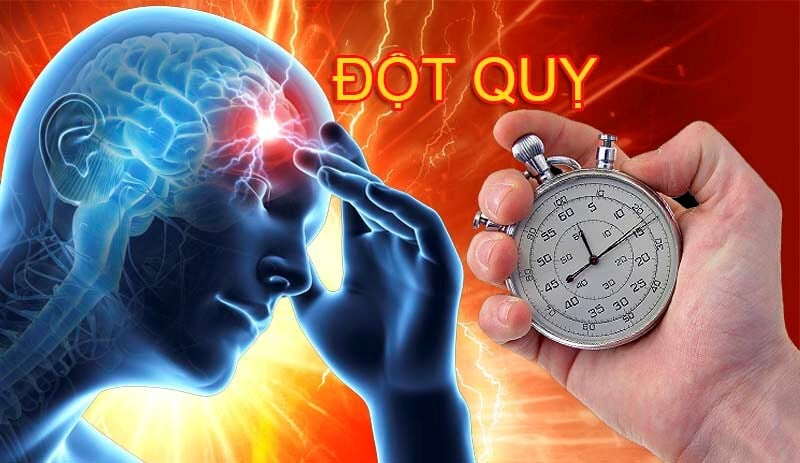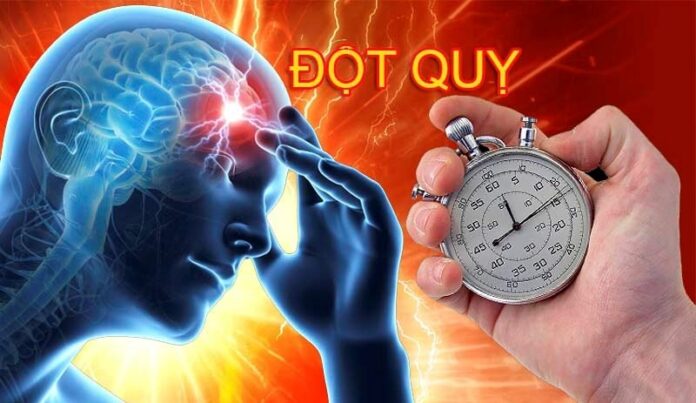Stroke, also known as brain attack, occurs when a blood vessel in the brain ruptures or when there is a blockage in the blood supply to the brain.
Nowadays, the trend of stroke is becoming younger, and it can happen to anyone. If you experience any of these four signs while sleeping, be cautious and take precautions against a potential stroke.

Numbness or unusual tremors in hands and feet during evenings
It is a fact that some individuals experience numbness in one hand, foot, or even half of their body as they prepare for sleep. This might be accompanied by muscle weakness or difficulty controlling movements. Some people also experience mild tremors or jerking in their limbs.
Don’t be complacent about these symptoms, as they indicate disturbed cerebral blood circulation and affected motor nerves, which could be warning signs of a transient ischemic attack (TIA), often referred to as a mini-stroke.
If you frequently experience these symptoms, it is advisable to consult a doctor for early checks on your cerebral blood vessels and blood pressure, and they will provide appropriate guidance.
Severe headache upon lying down
Headaches are a common occurrence for everyone, and they can arise from various reasons. Usually, a headache caused by fatigue subsides with rest. However, if you experience a violent headache upon lying down, accompanied by dizziness, nausea, and vomiting, consider it a red flag.
This could be due to a sudden increase in intracranial pressure, cerebral vascular dilation, or minor ruptures, leading to blood leakage and causing headaches. This is a common precursor to a hemorrhagic stroke.
Individuals with a history of high blood pressure should be especially cautious when encountering this symptom.
Unexplained daytime drowsiness despite good health
Before a stroke occurs, individuals may experience unusual drowsiness in the evenings, struggle to stay awake, or find themselves dozing off before their regular bedtime. They might also experience deep sleep and difficulty being awakened.
These symptoms arise due to a significant reduction in blood flow to the brain, resulting in temporary oxygen deprivation, causing the body to enter a state akin to a forced shutdown. If this is coupled with abnormal breathing patterns during sleep, such as loud snoring or episodes of sleep apnea, it indicates that the central nervous system is under substantial stress.
If you observe these signs, early medical consultation is highly recommended.
Visual disturbances or speech difficulties while preparing for sleep
Sudden loss of vision, blurred vision, dizziness, and vertigo are warning signs of a potential stroke. If you also experience speech difficulties, such as tongue stiffness, dysarthria, or mild facial paralysis, the threat of a stroke is imminent. Many patients experience these symptoms in the evening, only to lose their ability to communicate entirely by the next morning due to an overnight stroke.






































